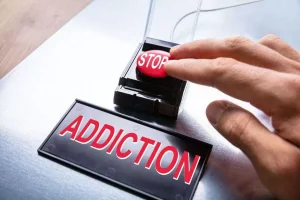
At Talkiatry, we specialize in psychiatry, meaning the diagnosis and treatment of mental health conditions. Your psychiatrist will meet with you virtually on a schedule you set together, devise a treatment plan tailored to your specific needs and preferences, and work with you to adjust your plan as you meet your goals. If you are concerned that you are experiencing panic attacks as a result of your alcohol consumption, it is recommended that you cut down or completely stop drinking. Alcohol acts as a sedative, often lowering the feelings of anxiety or panic that you may be experiencing. If you automatically reach for alcohol as soon as you notice the impending symptoms of a panic attack, you may believe that this substance calms you down and prevents you from spiralling. As well as being an unhealthy coping mechanism, cases of alcohol-induced panic attacks prove that alcohol can actually be the cause of anxiety and panic rather than the cure.
How Anxiety and Alcohol Feed into Each Other
Occasionally unwinding with alcohol isn’t necessarily dangerous if your doctor approves. But once you start drinking, you can build a tolerance to the de-stressing effects of alcohol. Even if you’re consuming a standard amount of alcohol — a 12-ounce beer or a 5-ounce glass of wine — you’ll experience a mild detox or withdrawal. It takes your body and liver about eight hours to remove what’s essentially a poison. As this is happening, it can affect your central nervous system and cause you to feel jittery or anxious. There are no specific studies that suggest that one type of alcohol can affect anxiety levels more than other types of alcohol.
Diagnosis and Tests
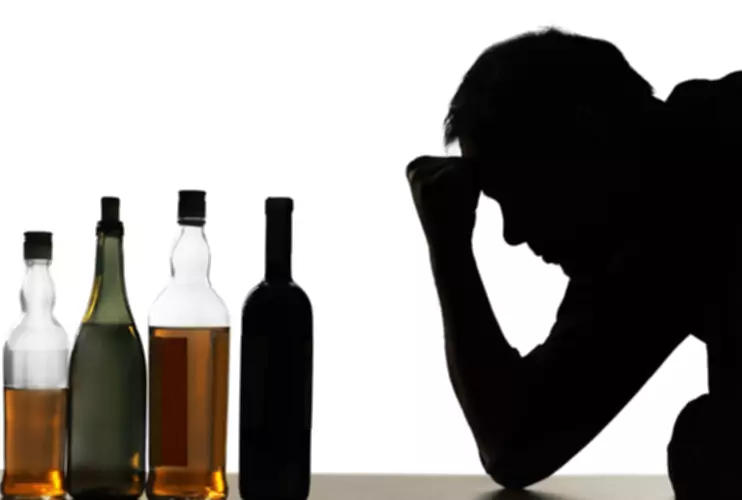
This latter finding suggests that state anxiety that occurs during early abstinence can lead respondents to consider their increased anxiety levels as more chronic than they actually are. Therefore, retrospective self-reports collected at baseline should be interpreted with caution. Taken together, the findings reviewed here provide some instructive information on gender differences in the comorbidity of anxiety and AUDs. Thus, women are more likely than men to have both disorders, and the presence of anxiety disorders may exacerbate the course and severity of alcohol problems in women.

Medical tools and resources
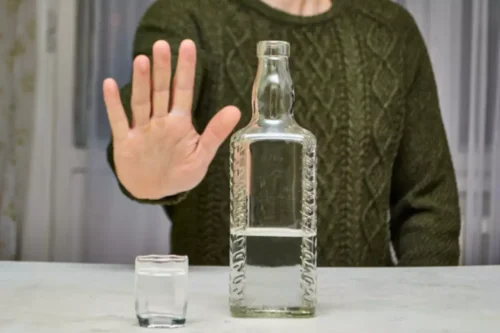
One theory of why this happens is called the “tension reduction hypothesis.” This theory suggests that alcohol is used as a self-medicating method to reduce stress and anxiety. Symptoms of panic disorder often start in the late teens or early adulthood and affect more women than men. Talk to your doctor about alcohol consumption before taking any of these medications, https://ecosoberhouse.com/ as side effects can be harmful or fatal. Chemical dependency specialist Joseph Janesz, PhD, LICDC, says there are various ways that anxiety and alcohol are linked, so it’s important to understand how alcohol affects not only your body, but also your mind. Having a substance use disorder can also increase the chance of having an anxiety disorder.
Alcohol Use and Co-occurring Disorders
A form of psychotherapy called cognitive behavioral therapy can help you learn, through your own experience, that panic symptoms are not dangerous. Your therapist will help you gradually re-create the symptoms of a panic attack in a safe, repetitive manner. Once the physical sensations of panic no longer feel threatening, the attacks begin to resolve. Successful treatment can also help you overcome fears of situations that you’ve avoided because of panic attacks.
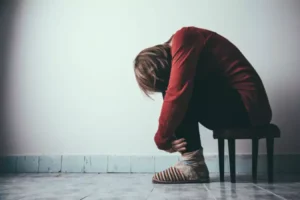
Diagnostic and Treatment Considerations for Comorbid Anxiety and AUDs
In fact, such difficulties in everyday living are so intertwined with heavy use that they are reflected in the DSM–IV criteria for AUDs (APA 2000). The interaction between pathologic alcohol use and enhanced life stress can lead to anxiety in at least two ways. First, the consistent presence of social disturbances may activate and intensify anxiety symptoms among these already vulnerable individuals.
Can alcohol cause anxiety?
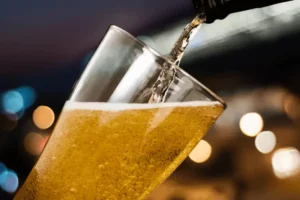
You need to rebuild that coping ability in order to cure your panic attacks. Any anxiety disorder can be dangerous, but some have become more notorious than those listed above. Both Obsessive-Compulsive Disorder (OCD) and Post-Traumatic Stress Disorder (PTSD) are sometimes considered anxiety disorders. Phobias, while they can be connected to and trigger any of the disorders above, can also be their own independent disorder. It’s important to note that one of the criteria for panic disorder is that the panic attacks don’t have a known trigger. While panic attacks by themselves aren’t dangerous or harmful to your health, frequent attacks can lead to a decrease in your quality of life and other issues.
Treating Addiction To Alcoholism And Anxiety
For example, in the NESARC, Native Americans had elevated rates both of anxiety disorders and of AUDs over the past 12 months but lower rates of co-occurrence between these disorders compared with other ethnic groups (Smith et al. 2006). If you are frequently experiencing panic attacks after drinking alcohol, it is important to take a look at your drinking. Checking if you are regularly consuming over the recommended weekly limit of 14 units is a good start. However, you may want to cut back completely if alcohol is impacting your mental well-being through regular panic attacks. As you drink alcohol, it acts as a sedative which can make you feel more at ease.
- Recommendations to treat both anxiety and AUDs therefore appear warranted on both theoretical and empirical grounds.
- Administration of these methods for comorbid individuals is complex and may require modification of standard procedures to yield the greatest efficacy.
- Herbal products and dietary supplements aren’t monitored by the Food and Drug Administration (FDA) the same way medications are.
- As you drink alcohol, it acts as a sedative which can make you feel more at ease.
While some people may believe that wine and beer may cause less anxiety than hard liquor due to its alcohol content, this is not true. It’s not necessarily the type of alcohol you drink that can affect your levels of anxiety, but rather anxiety is related alcohol and panic attacks to the amount and frequency of alcohol use. Watch this video for an overview of panic disorder, including its causes, symptoms, and treatment. If you are experiencing panic attacks or think someone else is, it is important that you seek professional help.
- The course of alcohol dependence is fraught with repeated intermittent episodes of excessive and frequent consumption and withdrawal, which can result in changes in the nervous systems that produce and/or worsen anxiety.
- Cutting out alcohol will help you cope better, and should reduce the likelihood of experiencing a panic attack, but it won’t stop them altogether.
Prospective relative risk
In a seminal review, Schuckit and Hesselbrock (1994) noted that the frequency of alcoholism among anxiety patients was not markedly higher than in the general population, contrary to what would be predicted by the self-medication hypothesis. In contrast, some studies have found greatly elevated rates of anxiety disorders in samples of individuals with alcohol problems (e.g., Kushner et al. 1990). For investigators seeking to bridge the multiple disciplines included in this review, the findings concerning stress responses pose challenges and opportunities for future research.
















